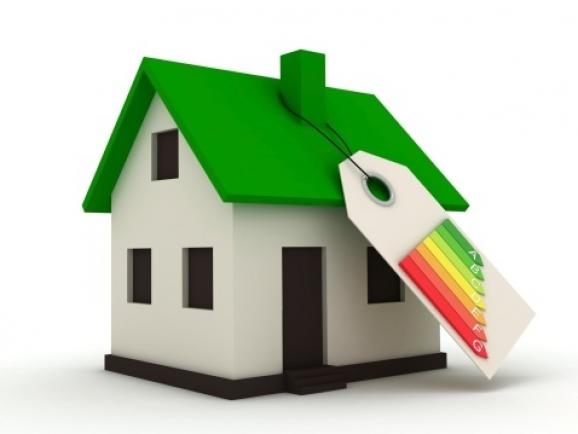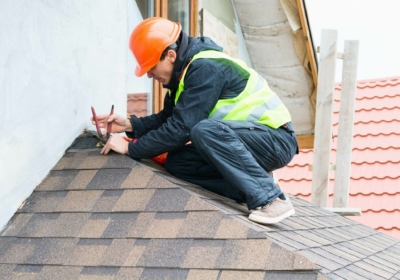Making your home more energy efficient has benefits for both the environment and your bank account. Home owners who take steps to preserve energy in their home save up to 30 percent on their utility bills annually. If you are interested in reducing your carbon footprint and reducing your utility costs, there are a number of changes you can make in your home. Here are four helpful tips for improving your home’s energy efficiency.
Replace your Light Bulbs
Even though many countries have begun to phase out traditional incandescent lights, these bulbs can still be found in plenty of homes. If you’re using incandescent bulbs in your home, consider replacing them with energy efficient LED or CFL bulbs. This simple step can help reduce your electric bill considerably. Recent data from Energy Star estimates that swapping out traditional light bulbs for energy efficient bulbs saves between $30 and $80 over the bulb’s lifetime. Imagine how much you could save on your electric bill if you switched every bulb in your home?
Swap out your Thermostat
A programmable thermostat or smart thermostat is worth the investment. You can set your thermostat according to your schedule to save money. For example, if you’re out of the house for most of the day, you can program the thermostat to lower the heat when you leave in the morning and then turn it back up just before you return home. Alternatively, you may want to consider a smart thermostat. Smart thermostats take the guesswork out of the process by actually learning your heating and cooling behaviors and developing a schedule accordingly. According to Energy Star, upgrading to a programmable thermostat can reduce your utility costs by nearly $200 annually.
Use Weather Stripping and Caulking
One of the simplest things you can do to preserve energy in your home is install weather stripping and caulking. Sealing cracks around your doors and windows can help keep your home warmer in the winter and cooler in the summer. This inexpensive fix is especially useful for homeowners that live in harsh climates where temperatures soar in the summer and dip below freezing in the winter.
Upgrade your Heating System
If your decades-old HVAC system has seen better days, you may want to consider upgrading to a new heating unit. This particular project has a higher upfront cost than the others on our list, but it can help you save a considerable amount of money over the long term. Newer heating systems use much less energy than their older counterparts, which is good for both the environment and your budget. Contact a professional HVAC contractor today for more information about a potential upgrade.
There are a number of ways to improve your home’s energy efficiency. Smaller projects like replacing light bulbs and adding weather stripping and caulking can help you save money and reduce your energy consumption. You may also want to consider swapping out your old thermostat for a programmable or smart model and upgrading your home heating system. These simple projects will help you reduce your overall costs and minimize your carbon footprint.







Recent Comments